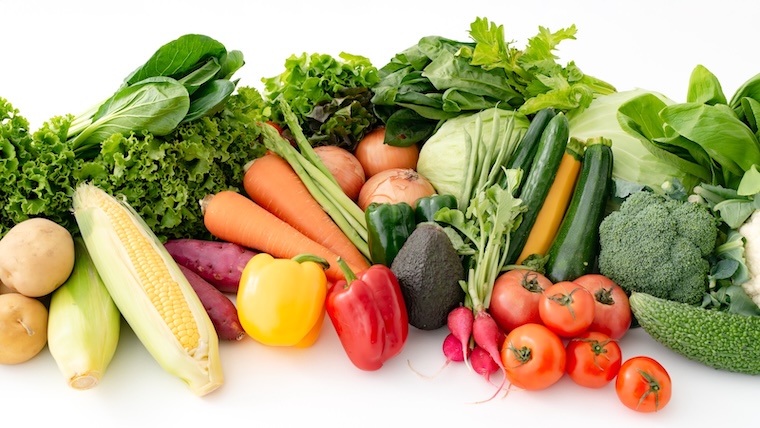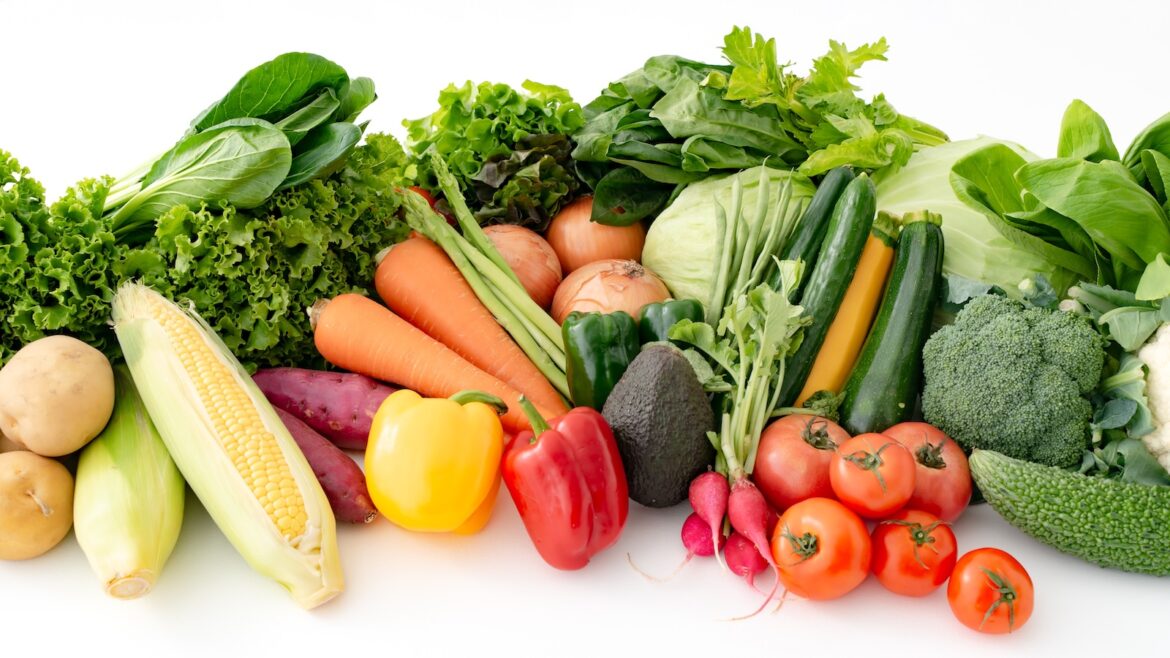A healthy diet is more crucial for preventing hypertension than avoiding peptides.
An improper diet is a leading contributor to hypertension. A heart-healthy diet, rich in vegetables, fruits, and dietary fiber, is widely recommended. Adequate fiber intake supports digestion, boosts immune function, and reduces the risk of chronic diseases like cardiovascular disease. (1)
How much fiber, accounting for the presence of pesticides, is needed to combat conditions like hypertension effectively? Research indicates pesticide exposure may increase the risk of hypertension. (2) Dr. Layne Norton dissected a 2025 study exploring the interplay between pesticides, fiber intake, and hypertension.
Editor’s note: The content on BarBend is meant to be informative in nature, but it should not be taken as medical advice. The opinions and articles on this site are not intended for use as diagnosis, prevention, and/or treatment of health problems. Talking to your doctor before beginning a new fitness, nutritional, and/or supplement routine is always a good idea.
Fiber Modulating the Risk of Hypertension
The study examined the relationship between pesticide exposure and the risk of developing hypertension, with dietary fiber intake as a moderating factor. Researchers analyzed how pesticide ingestion influenced hypertension risk while accounting for differences in fiber consumption.
Participants with high fiber intake consumed more than 17 grams daily, while those with low fiber intake consumed less than 17 grams daily. (3)
Researchers found that pesticide exposure raises the risk of hypertension, but a diet rich in fiber can counteract. When fiber intake is high, the likelihood of developing hypertension associated with pesticide exposure is reduced. The dietary fiber in question came from fruits and vegetables treated with pesticides, underscoring the protective power of fiber despite such exposure.
Norton’s Thoughts From This Study’s Data
Dr. Norton expressed skepticism about the idea that pesticide residues on food, at their current levels, pose any harm to human health. “They are low doses,” he said, pointing out that many foods are treated with pesticides, making it difficult to draw clear conclusions from studies linking conventionally-farmed (non-organic) foods to hypertension.


These studies often involve numerous confounding variables, making it challenging to isolate pesticide exposure as the primary cause of effect. Dr. Norton argued that if pesticides were the main factor, why do fibrous foods like fruits, vegetables, grains, and cereals — also exposed to pesticides — significantly reduce the risk of hypertension? This suggests other factors may play a more significant role in the relationship between diet and hypertension.
The Importance of a High-Quality Diet
A diet rich in high-quality, fiber-rich foods is associated with a lower risk of hypertension. Even organic foods are treated with organic pesticides, some of which have less safety data and lower LD50 values than their non-organic counterparts.
All crops typically have some form of pesticides on them. It’s about overall diet quality.
—Dr. Layne Norton
Eating high-quality foods, even those containing pesticides, is generally preferable to consuming a wide range of lower-quality crops treated with chemicals. The overall quality of one’s diet is the meaningful metric.
If you prefer to eat organic, that’s fine. However, limited evidence suggests that organic food is universally healthier than conventionally farmed options.
Best Practices
The overall quality of one’s diet significantly impacts health outcomes. Consume the a reasonable amount of calories from minimally processed foods, ensuring plenty fiber and high-quality protein. Lean meats and other animal sources are excellent options. Vegans can meet their protein needs through plant-based alternatives.
Although pesticide exposure can have an impact, its significance may be overestimated. While factors like pesticide exposure shouldn’t be entirely dismissed, the key takeaway is prioritizing what matters most: maintaining a high-quality, balanced diet.
More In Research
References
- Barber, T. M., Kabisch, S., Pfeiffer, A. F. H., & Weickert, M. O. (2020). The Health Benefits of Dietary Fibre. Nutrients, 12(10), 3209. https://doi.org/10.3390/nu12103209
- Suarez-Lopez, J. R., Amchich, F., Murillo, J., & Denenberg, J. (2019). Blood pressure after a heightened pesticide spray period among children living in agricultural communities in Ecuador. Environmental research, 175, 335–342. https://doi.org/10.1016/j.envres.2019.05.030
- Lai, H., & Xin, X. (2025). The effect of fiber intake on the association of pesticide exposure and hypertension: a population-level study. Frontiers in public health, 13, 1556699. https://doi.org/10.3389/fpubh.2025.1556699
Featured image via Shutterstock/910732akubi
